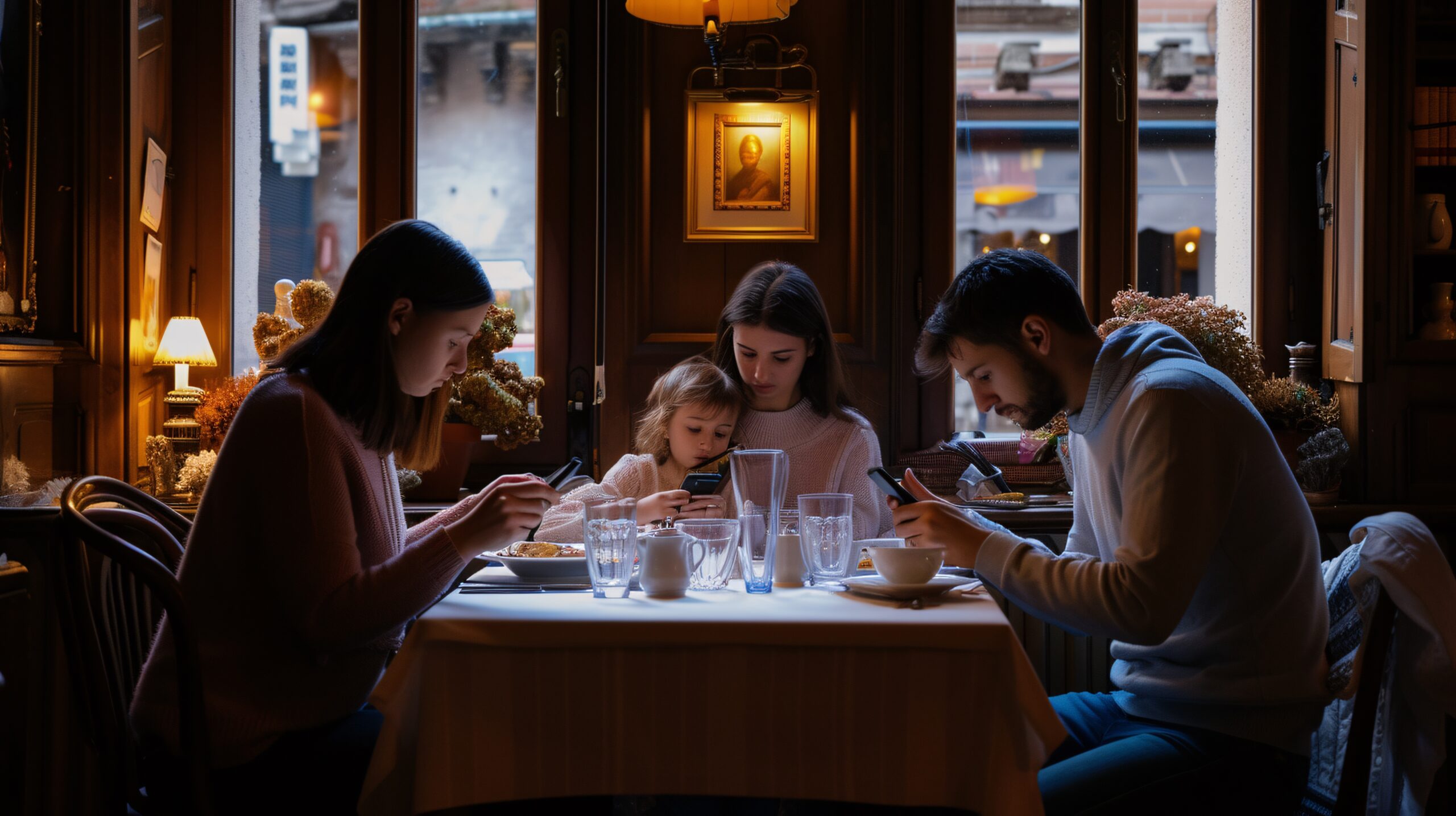Featuring insights from BrightView Health Peer Support Specialist, Missy Adams
The holidays are supposed to bring joy – the smell of favorite foods, the sound of laughter, and the comfort of being together. But for families navigating addiction or recovery, that same table can feel complicated. Old memories mix with new boundaries. Love is there, but so is fear.
BrightView Health Peer Support Specialist Missy Adams knows that feeling well. She remembers her first holiday gathering after entering recovery — and the tension that came with it.
“My family was learning, too,” Missy recalls. “They weren’t very educated about addiction, so it felt like they were constantly watching me. If I went to another room, someone would peek around the corner to see if I was still there.”
That kind of unspoken worry is common in families who have lived through addiction. Trust takes time to rebuild. But for Missy, a simple moment changed everything.
“My mom came to see me while I was in prison,” she says. “She looked at me and said, ‘I know you have it now. I can see the light in your eyes.’ Even though I was in a dark place, she saw the change in me. From that moment, we started rebuilding trust.”
That light, the spark of recovery, has guided Missy for more than ten years. Now she helps other families find ways to talk, heal, and show love without judgment.
- Educate Yourself About Recovery
“If I could go back and change anything,” Missy says, “I’d encourage my family to educate themselves about the journey of recovery.”
Addiction and recovery often come with confusion, guilt, and misinformation. Families who take time to learn by attending a support group, reading about medication assisted treatment, or simply listening, show love in action.
“Support the recovery journey your family member has chosen,” Missy advises. “Whether it’s MAT, AA, or something else, if it’s working, support it. And educate yourself.”
- Set Boundaries, but Keep Compassion
The Light in Your Eyes”: A Mother’s Moment of Hope in Recovery
Families often hear that “tough love” is the answer. Missy disagrees.
“I used to be that person who said, ‘Just get clean.’ But recovery doesn’t work that way. You can set boundaries and still show love.”
She shares the story of a family who found a healthy balance:
“Their daughter is still in active addiction. They don’t let her stay at the house, because she’s stolen before. But they pack her a backpack, clothes, snacks, and hygiene items. That’s love with boundaries. It tells her, ‘We haven’t given up on you.’”
- Don’t Overthink the Words
Sometimes, the most powerful thing you can say is the simplest.
“When someone shows up, even late, even after missing an appointment – I just say, ‘I’m glad you’re here.’” Missy says. “Families can do the same thing. Those words mean more than any lecture ever could.”
If a conversation starts to drift toward blame or shame, Missy says it’s okay to pause.
“Most of us in recovery already carry enough guilt,” she explains. “You don’t have to fix us, just be present.”
- Respect Recovery Choices and Boundaries
The holidays can trigger strong emotions, especially for people new in recovery.
“Sometimes we have to skip a gathering,” Missy says. “It’s not because we don’t love our family, it’s because we’re protecting our recovery. If we say, ‘I’m spending the day with my sponsor’ or ‘I can only stay an hour,’ just accept that.”
That acceptance builds trust. It tells the person in recovery: You matter more than the meal.
- Look for Signs of Hope
Missy’s favorite part of her job is seeing families reconnect.
“When someone gets to visit their child again or bring them home for the first time, that’s everything,” she says. “It gives them something to fight for.”
Her own family has built new traditions.
“Once my mom knew I was really working my program, we started praying and sharing one thing we’re grateful for at every meal,” Missy says. “It’s become a new tradition, a reminder that gratitude keeps us grounded.”
- Remember: Progress, Not Perfection
“If a person in recovery makes it through Thanksgiving Day without using, that’s huge,” Missy says. “It might not look perfect, but it’s progress.”
Recovery and healing within families doesn’t happen in a single conversation. It’s built with one small act of grace at a time.
So, whether your holiday gathering lasts three hours or thirty minutes, take Missy’s advice:
“Appreciate that moment. Be grateful they’re here. And remember, progress, not perfection.”
Recovery doesn’t happen overnight, it begins with compassion, understanding, and one small step. When you’re ready, BrightView is here.
Call 888-501-9865 or visit brightviewhealth.com to start the conversation.
